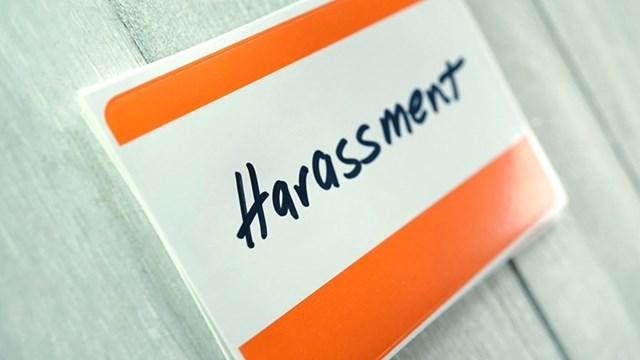
In addition, the condo has a swimming pool, and several of the old lines sag dangerously low. What recourse, if any, do we have to have these lines removed; or, at the very least, consolidated so they go from the pole and enter the building at one unified point?
—Wired in New Jersey
A “The telephone company’s right to maintain the lines would typically be based on an easement agreement,” says attorney J. David Ramsey, with the Woodbridge-based law firm of Greenbaum Rowe Smith & Davis, LLP. “An easement agreement is essentially a legal document that is recorded with the local public recording office (in New Jersey, the office of the county clerk) that grants someone or some entity the ability to use a specific piece of property for a particular purpose. Among typical easement agreements are those that allow owners of lots to share driveways, easements that provide the right to park vehicles on another’s property, and utility easements that allow utility companies to run wires and pipes and install poles or other facilities on another’s property. It is not unusual to see separate easements for electricity, gas, telephone and cable television utilities. The exact terms of the easement would provide the answers to your questions.
“While we don’t have the particular easement agreement in question to review, we can advise that typical utility easement agreements are very broadly drafted in favor of the utility company. While some agreements limit the right of the utility company to install its facilities in a particular location, it is not uncommon to see easement agreements that allow a telephone company, for instance, to install its facilities anywhere upon a lot. If the easement agreement is broadly drawn in favor of the utility company, it likely has the right to run many lines to various locations on the rental building that you describe. The fact that young tenants, who may not use a landline phone, occupy the rental building does not alter the telephone company’s right to maintain the lines. As tenants move in and out of the building in question it is not likely that the phone company would wish to re-install lines when a customer for a landline phone occupied a particular apartment and required service.
“Concerning what you describe as old lines sagging over the condominium’s swimming pool, I recommend that you or your condominium association write a letter to the consumer affairs division of the phone company that owns the lines. If this is truly a safety hazard, they should be placed on notice. It often takes several such letters to obtain a response. If that is not successful, consideration should be given to writing to the New Jersey Board of Public Utilities, with a copy to the responsible phone company. Such an approach often motivates the utility company to respond.
If you wish to obtain a copy of the specific easement agreement, you can do so either through the condominium’s attorney, or by visiting the office of the county clerk in your county. However, if the easement is a very old one, it may be difficult for a layperson to locate since you would have to trace back the title to the property. In that case you or your association could obtain the document for a relatively small search fee.”






Leave a Comment